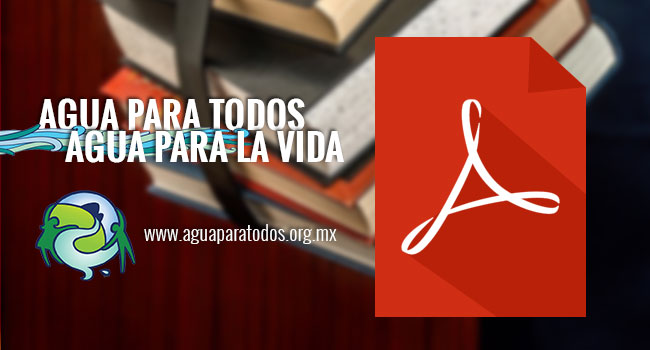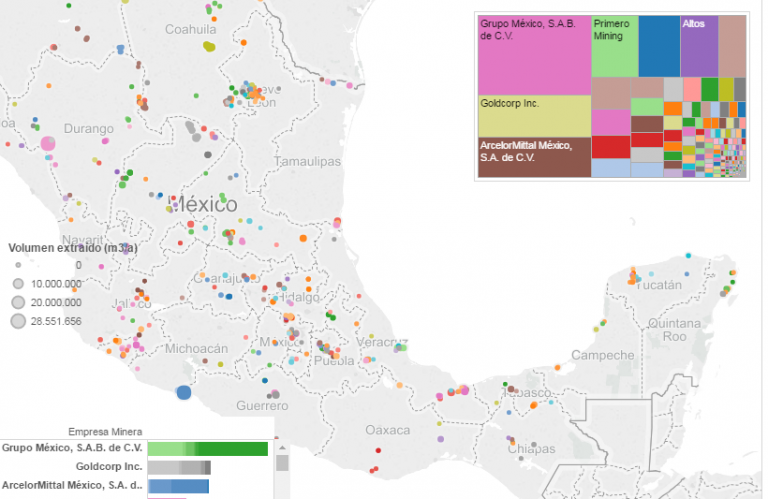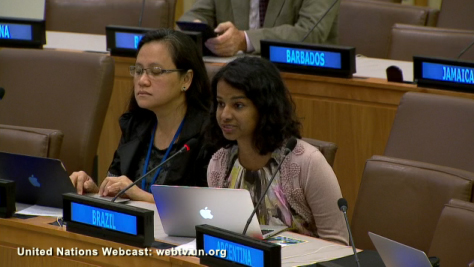A quick update on the accelerated process of water privatization of water in Mexico:
A quick update on the accelerated process of water privatization of water in Mexico:
In the 2017 Federal Budget proposed las week by Enrique Peña Nieto’s administration (head of the WB High Panel on Water)– funding for public water system infrastructure was cut by 72%! (from 12.6 billion pesos to 3.6 billion pesos)… Meanwhile the budget for the new International Airport (only 3% of the Mexican population ever travels by air) was increased from 3.1 billion pesos to 3.6 billion pesos, as was the tunnel to export Mexico City’s rainwater (which the city needs in order to supply itself through sustainable reservoirs) to Carlos Slim’s PPP «treatment» plant–which was increased from 3.1 billion to 3.2 billion pesos.
Meanwhile, the Mexico City mayor just announced once again, on September 6th, that the World Bank and Veolia will be investing in every aspect of the city’s water infraestructure. In response to our demands for access to information on these deals through the Mexico City transparency agency and then in local and federal courts (initiated after a similar announcement in November last year), the Mexico City government has denied consistently that any such negotiations were taking place.
Thirdly, CONAGUA, the huge national water agency, is cancelling the renovation of water rights to smaller agricultural users, while granting concessions for enormous volumes to transnational mining and energy (thermoelectric and fracking) companies….
Finally, Conagua and their allies in the Legislature (both houses are controlled by Peña Nieto’s party) plan to pass their new General Water Law this November, to provide the guarantees that private investors require. Meanwhile, the Citizens’ Water Bill is gaining broad public support, most recently from large national unions and campesino organizations. One factor to our advantage is that Peña Nieto’s invitation to D Trump here turned him into a «lame duck» president for his remaining two years– We hope and expect to make progress on these issues during this period of discontent in search of solid proposals.)
We are planning a series of press conferences and actions during the coming months to question on these policies, and to gain ever greater support for the proposal that water be publicly funded and democratically managed both in the watershed and in urban and rural systems.






